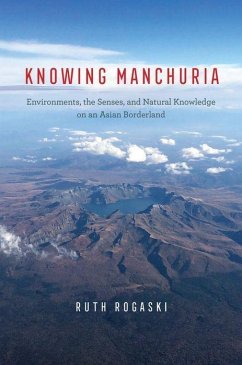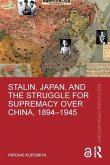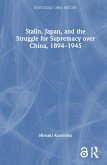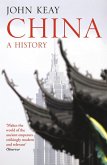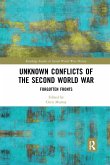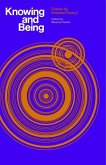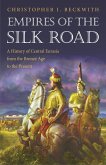"Knowing Manchuria places the creation of knowledge about nature at the center of our understanding of one of the world's most contested borderlands. At the intersection of China, Russia, Korea, and Mongolia, Manchuria is known as a site of war and environmental extremes, where projects of political control intersected with projects designed to make sense of Manchuria's multiple environments. Covering over 500,000 square miles (comparable in size to all the land east of the Mississippi) Manchuria's landscapes included temperate rain forests, deserts, prairies, cultivated plains, wetlands, and Siberian taiga. Ruth Rogaski reveals how paleontologists and indigenous shamans, and many others, made sense of the Manchurian frontier. She uncovers how natural knowledge and thus "the nature of Manchuria" itself changed over time, from a sacred "land where the dragon arose" to a global epicenter of contagious disease; from a tragic "wasteland" to an abundant granary that nurtured the hope of a nation"--
Hinweis: Dieser Artikel kann nur an eine deutsche Lieferadresse ausgeliefert werden.
Hinweis: Dieser Artikel kann nur an eine deutsche Lieferadresse ausgeliefert werden.

